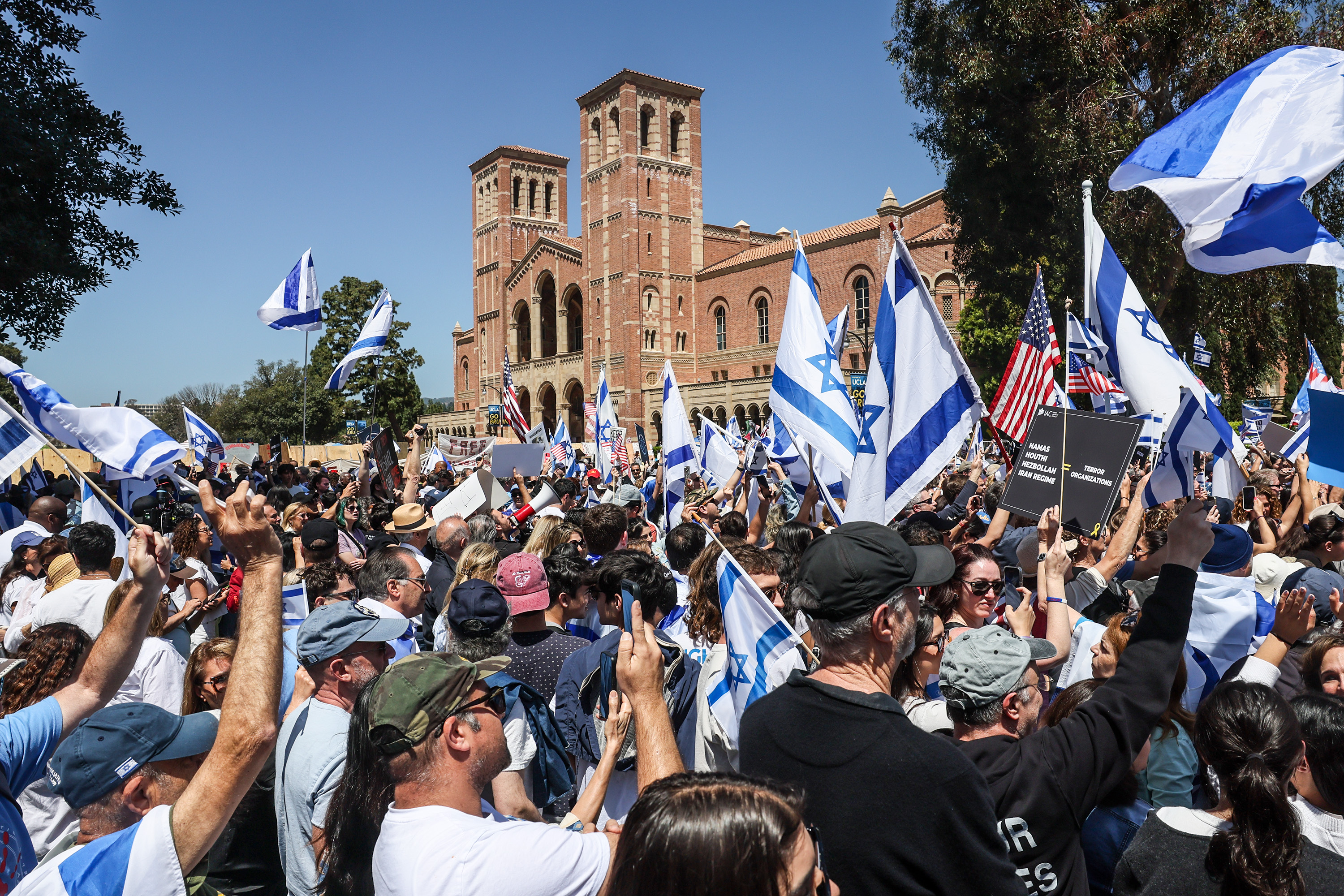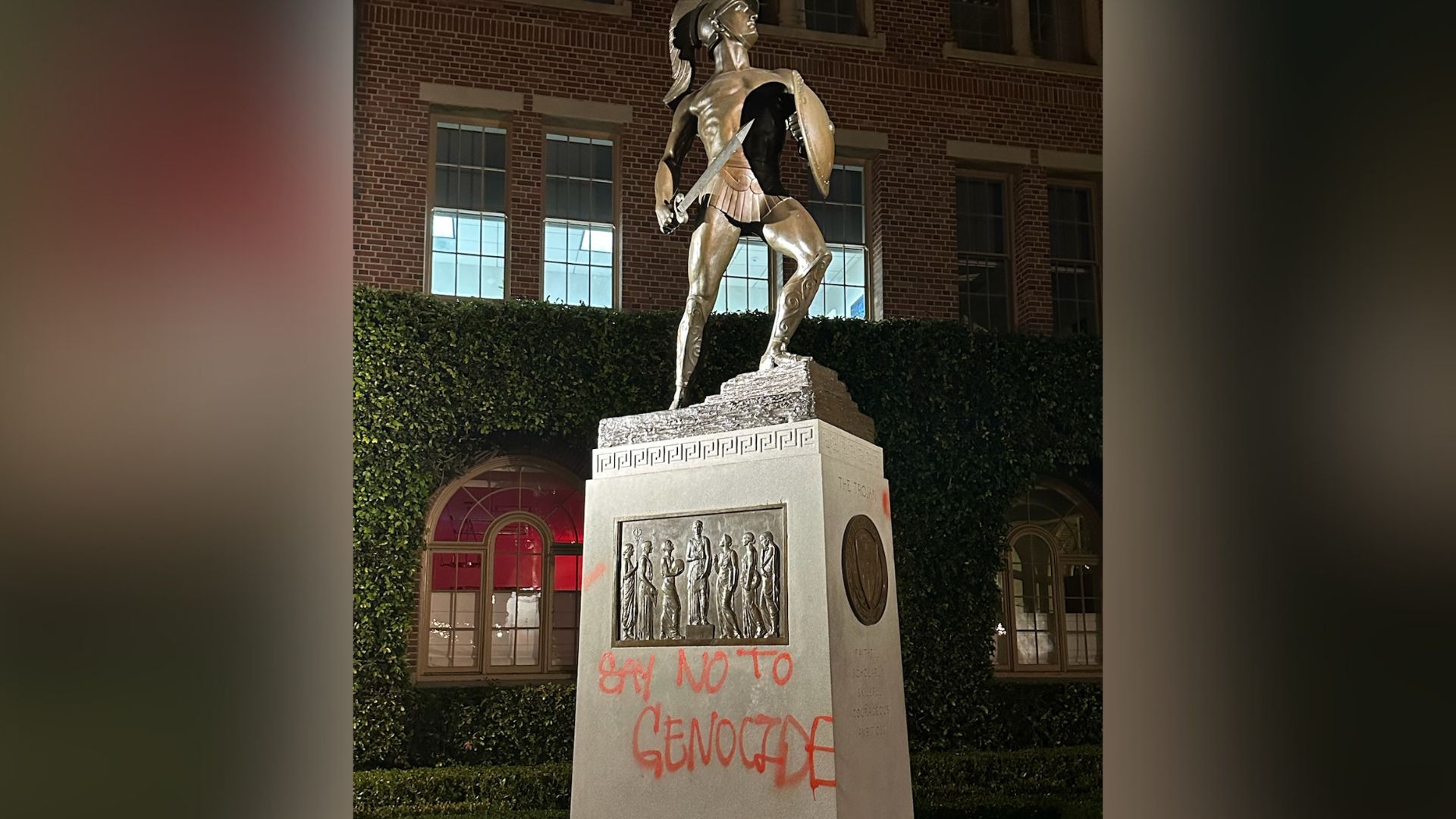A vote in California on Election Day for President Barack Obama or former Gov. Mitt Romney is technically a vote for Democrat Sandy Emberland.
“My name is not on the ballot, but it really should be in small print,” said Emberland, a California Democratic Elector.
Or it’s a vote for Republican Adam Abrahms.
“If you go back in history, the electors actually used to be on the ballot,” Abrahms said. “So, you would see my name 150, 200 years ago.”
The electoral map consists of 538 electoral votes -- one for each member of Congress, one for each U.S. Senator, plus an additional three for the District of Columbia.
California, the most populated state, gets 55 votes.
Each party has their own slate of 55 electors. Whichever presidential candidate wins California, gets the votes.
Local
Get Los Angeles's latest local news on crime, entertainment, weather, schools, COVID, cost of living and more. Here's your go-to source for today's LA news.
Abrahms, an attorney and surfer from Santa Monica, describes himself as “an average Joe who has a passion for politics.”
But he's no politician. As an elector, he's not allowed to hold federal office. Abrahms is a longtime Republican activist.
That’s much like his Electoral counterpart Emberland, who spends much of her free time volunteering at the Democratic party office in Thousand Oaks.
“I have told my good friends that I’m going to be an elector,” Emberland said. “And they go, what is that?”
In 2008, she was elected as a delegate to the convention and later attended Obama’s inauguration.
Since, in recent presidential elections, California has gone to the Democrat, Adam isn't expecting to have much of a role this time around.
But he still supports the process of the Electoral College.
“I think that there’s a lot of value in the way that our founding fathers structured our system,” Abrahms said.
Emberland, on the other hand, argues the popular vote – that is, how many voters nationwide chose one candidate or the other – should be the final word.
“I think if I had a choice I’d probably consider not having the Electoral College,” Emberland said.



